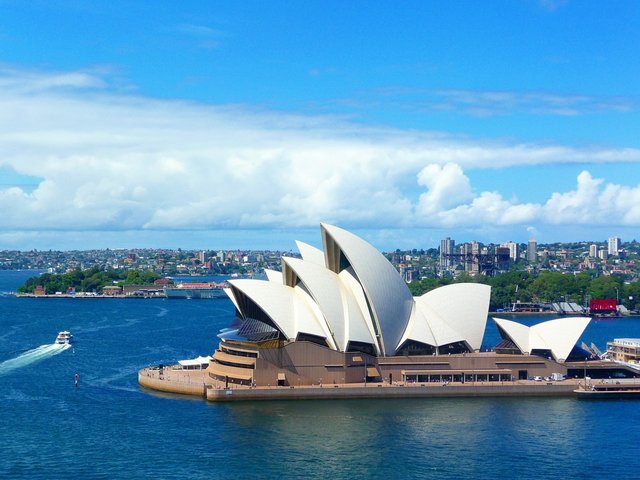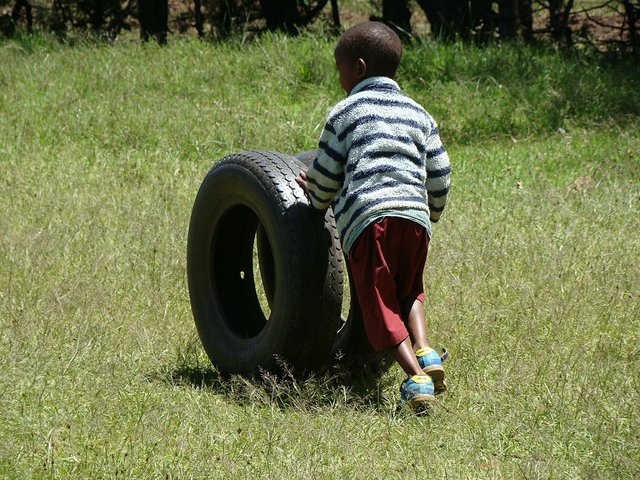Australia Becomes First To Recognize Orphanage Trafficking With Modern Slavery Act

Human trafficking is regarded as the fastest growing criminal enterprise in the United States right now, it's a multi-billion dollar industry worldwide.
Orphanages are said to be high risk locations and in various regions they have been found taking part in the trafficking of children destined for international adoption. Not only that, but children at various orphanages have also allegedly been found to have been sexually assaulted and exploited; from Nepal to Haiti.
It's alleged that children from different countries are being kidnapped from their homes and placed into orphanages that then profit from the children thanks to the donations that they receive. Orphanage trafficking or orphanage tourism as it has been referred to, is a problem that authorities in different regions have brought increasing attention to in recent years.
Orphanage trafficking has been described as an act which involves recruiting children into orphanages specifically for the purposes for exploiting those children or financially profiting off of them.

There might be a real problem with children being exploited but has the government come up with the right solution to tackle it? Their new rules via the Modern Slavery Act are already receiving widespread praise and the new regulations will now allegedly require any companies in the nation with turnover of $73m US or more to publish annual statements that will detail whether or not they have identified a risk of slavery in their supply chains and any action taken to attempt tackling it. The government will also be considering civil penalties in the years to come as well.
It's estimated that at least 80 percent of children in orphanages today are not orphans at all and there have been increasing calls to give those orphanages a closer look.
But is the Modern Slavery Act the answer? Why are the new restrictions only centered around big businesses of $100 million or more, when there are other companies that could easily be profiting off of slavery just the same. As well, most of the orphanages holding these children aren't located in Australia, meaning this legislation isn't going to threaten their business success. Might this newly passed legislation become a headache for some and prompt them to consider moving their successful business somewhere else that doesn't require the annual report and compliance? That could be a risk to their reputation. It's unlikely that this newly passed legislation is going to greatly reduce the size of the human trafficking and slavery market worldwide.
One corporation has already responded to the recent changes, Nestlé, and suggested that the customers could end up paying the price and making up for those additional costs in the end, that the companies will now endure in an effort to comply with the new rules.
There is still some time until companies need to start their reporting. It's expected that these new rules might not come into full effect for at least a year, giving companies in the region a decent amount of time to adjust to the new changes and introduce new policies etc that are going to help them to comply.
Pics:
pixabay

Like
Posted using Partiko Android
the government is the one that has to give a stop to the traffic of orphanages, what they do is exploit the children and abuse them sexually is a great business they have with all that
@doitvoluntarily Nothing annoys me more when they get involved with children, no matter how much it bothers us, unfortunately it is a news that is given more frequently, it is incredible that the agencies that must watch over the care of the children do not do anything to solve it.
thank you very much for spreading this news
I wish you a great day